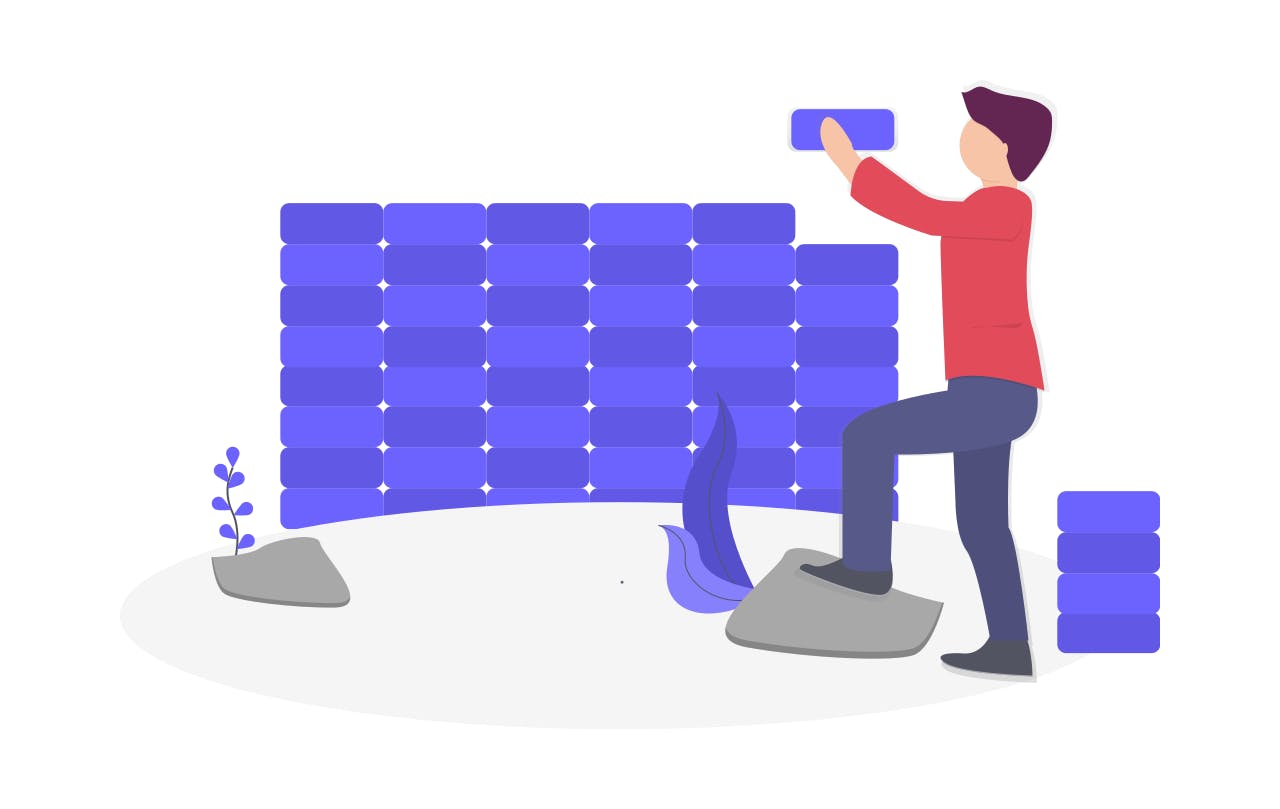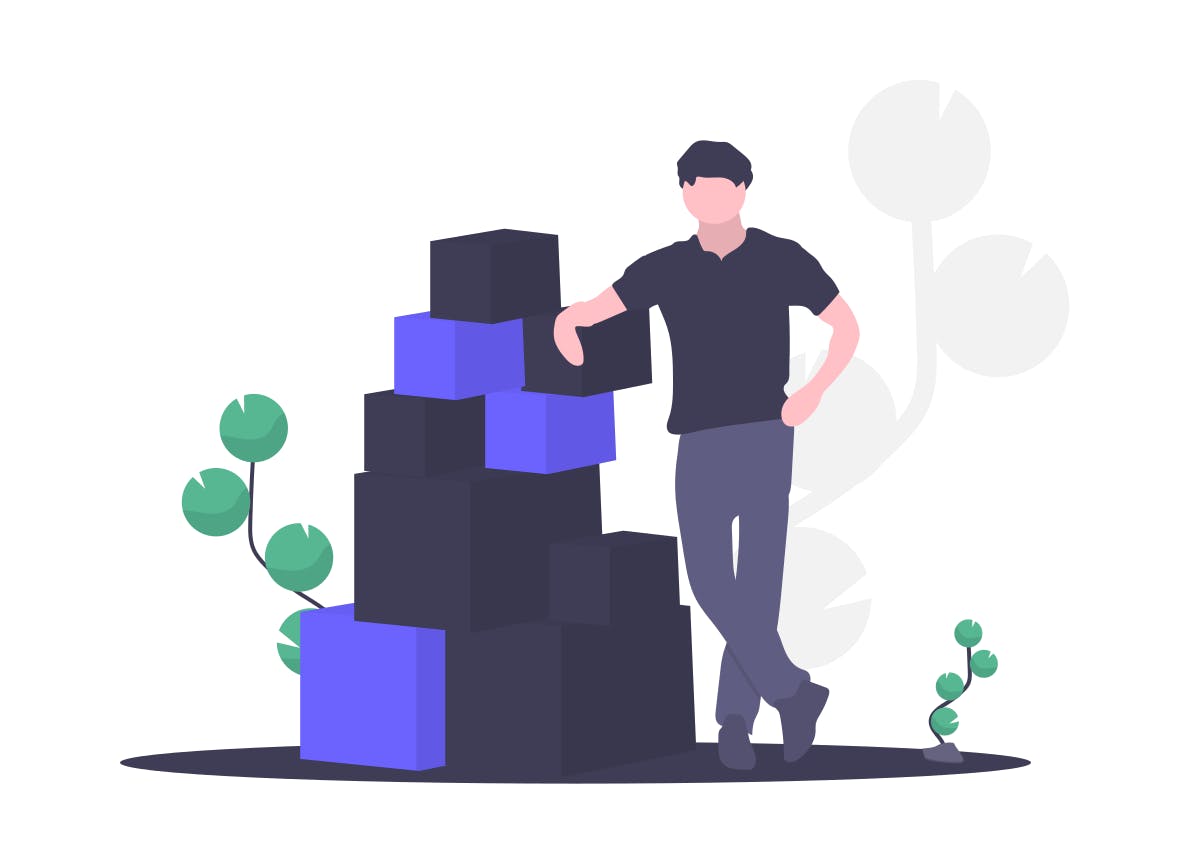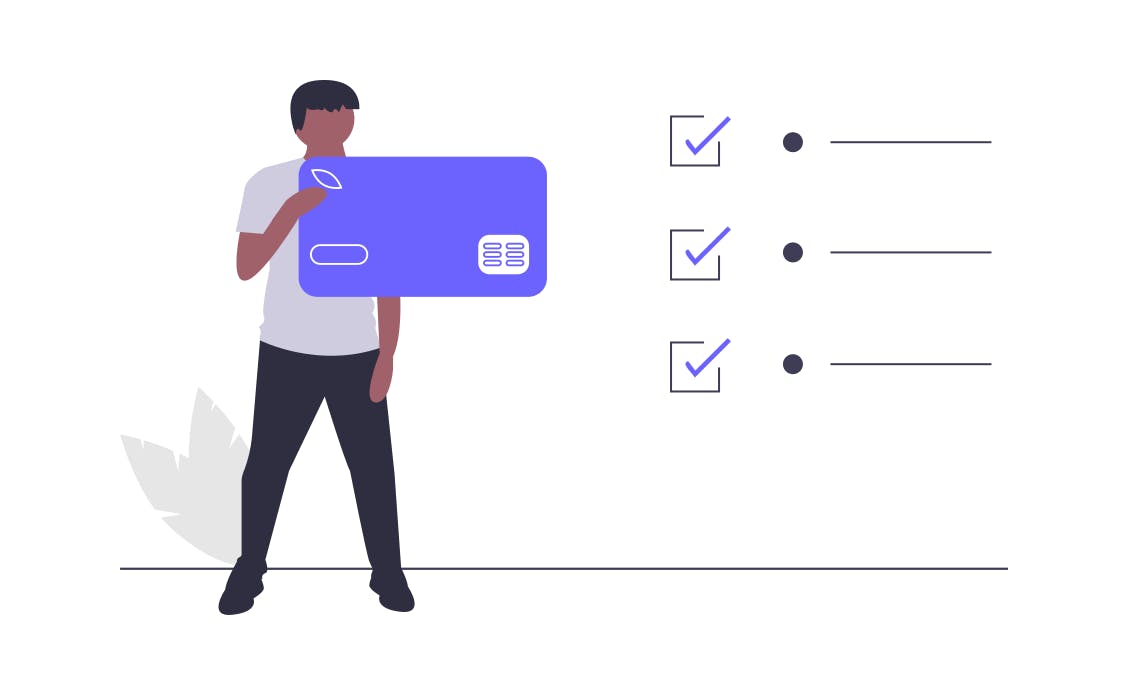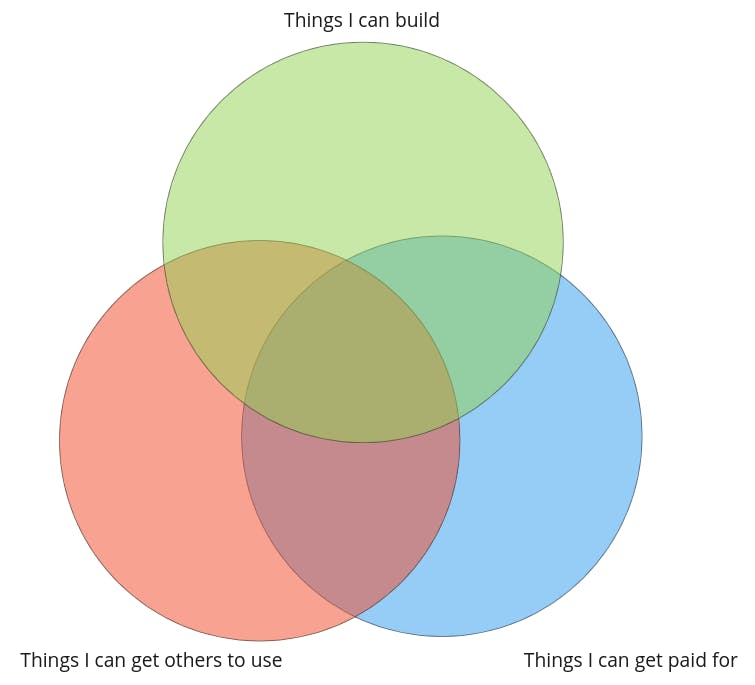The 3 most important questions to ask yourself when creating a product you plan to sell
As I mentioned in my last post I took a break for a few weeks after leaving my last job, to recharge my batteries. I'm terrible at disconnecting from work, and this time was no exception (this is something I need to work on).
After a couple of days, I was itching to do something work-like, so I started playing with FastAPI to see if it could be what I'd use for my next project (I'll tell you all about it in a few weeks).
I even got so excited that I started creating visual prototypes using Figma of what the product would look like. Once I had the prototypes I created backlogs and started brainstorming more ideas with myself. In a matter of days, I had some proof of concept code and a plan, and I felt really pumped to build this!
Is this such a bad way to build a product? I had a good flow going, right?
I honestly think I would have been off sipping Mojito's on the beach for the last couple of weeks. At least I managed to stop myself in time - let me explain...
Since I'm a developer at heart I always tend to focus on the product first. I get overly excited as soon as I think of something cool I could build. My mind starts spiralling down the path of implementation details, and I start building a high-level mental model of how it would all work.
Luckily enough I stopped here and allowed myself some time to think. Eventually, I came up with the three questions below. These are the three most important things you should ask yourself before starting to develop a new product.
Question 1 - "Can I build this?"

How do I build this idea I have in my head? It quickly tends to go into implementation concerns like "what will the product look like", "will it support feature X" and "which language and framework should I use"?
We developers are spoiled with a plethora of excellent technology to help us do rapid application development. It's more likely than not that you can put together the software you need, assuming you are a developer yourself. There might be some struggles along the way, but as long as you know (with reasonable certainty) that you can find a way to build it, then you can tick this box.
Small companies like my own might have to scrap an idea because we can't build it given the people we have available. That's perfectly fine - the idea might not just be for us to execute on.
TIP: Try to go for a "trivial" project to start out with. Things always take longer than we think they do anyway :).
Question 2 - "Can I get others to use this?"

This is where things get interesting, and where I used to have a big blind spot.
Once you've built a product, how do you get other people to use it?
My first ever project operated on the principle of "if you build it they will come" (spoiler alert - that's not how it works). The second time around I had the help of a lot of great marketers, who managed to get the distribution we needed.
But how about this time around when I don't have a group of marketers to help out?
TIP: Expose your product in every way possible as soon as you can. Often earlier than you're comfortable with. If you can't find people to give you feedback, or test your prototypes, then you most likely won't find people to buy the finished product either.
Don't fall into the trap of thinking that you need a finished product. As soon as you have an idea or a screenshot that is something you can show off!
The Sales Safari by Amy Hoy is a great read exploring how to find the "watering holes" where your potential customers hang out.
Question 3 - "Can I get paid for this?"

There's a clear difference between being willing to use something, and willing to pay for it. I for example use a web browser like everyone else, but it's very unlikely I'd be willing to pay for one (unless it was drastically better for some reason).
Depending on your earning goals you might give high or low importance to this question. I believe it's generally less important if you have a company of one, like myself. The reason is simple - you don't have a lot of salaries to pay. People are often willing to pay something (even if it's a small sum) for most products.
If you have an idea in mind where you don't think there's any willingness to pay at all you might want to avoid turning it into a business.
TIP: Think about your financial goals with the product. What would happen if you didn't reach them? Are you OK with just running it as a side business?
Putting it all together

So now that you've asked yourself these three questions you can place your ideas in the Venn diagram above. Do enough research for each question to be able to answer it somewhat confidently. You can never get 100% certain of course, but just asking yourself these questions is a great start!
| Can build | Can get others to use | Can get paid for | Product type example |
| ✅ | ❌ | ❌ | Personal product |
| ✅ | ✅ | ❌ | Free open source product |
| ✅ | ✅ | ✅ | Viable business product |
| ❌ | ✅ | ✅ | Outsourced development product |
| ... | ... | ... | ... |
Depending on where your product idea fits within the diagram you can see what type of product it might be. The table above is just an example of some different product types.
For example - If you can build your idea, and you can get others to use it, but don't see a way to get paid - then it might be a great idea for a free open source product. Leverage the community to make it as awesome as it possibly can be!
This is the stage where you might realise that while your idea might be awesome, it might not be the right idea to build a business around.
What am I gonna do next?
There's this quote you might have heard:
First time founders are obsessed with product.
Second time founders are obsessed with distribution.
I can definitely relate to being too obsessed with the product, so this time I'm going to address the distribution ("can I get people to use it?") a bit more before I go full steam ahead on building something.
Next up is scheduling some time to talk with the people I think would be the users of my product, to talk a bit about the issues they're facing in the area.
I won't lie - it's really scary going out of my comfort zone scheduling meetings with people I don't know! I guess that's why I put it off for so long. I recently read The Mom Test and it helped to lessen my fears a tiny bit.
Wish me luck! I'll post an update here on the blog once the meetings are done, with some details about what I learned. Hopefully, that'll make it a bit easier for you when it's your time to schedule those terrifying meetings with potential future users :)
